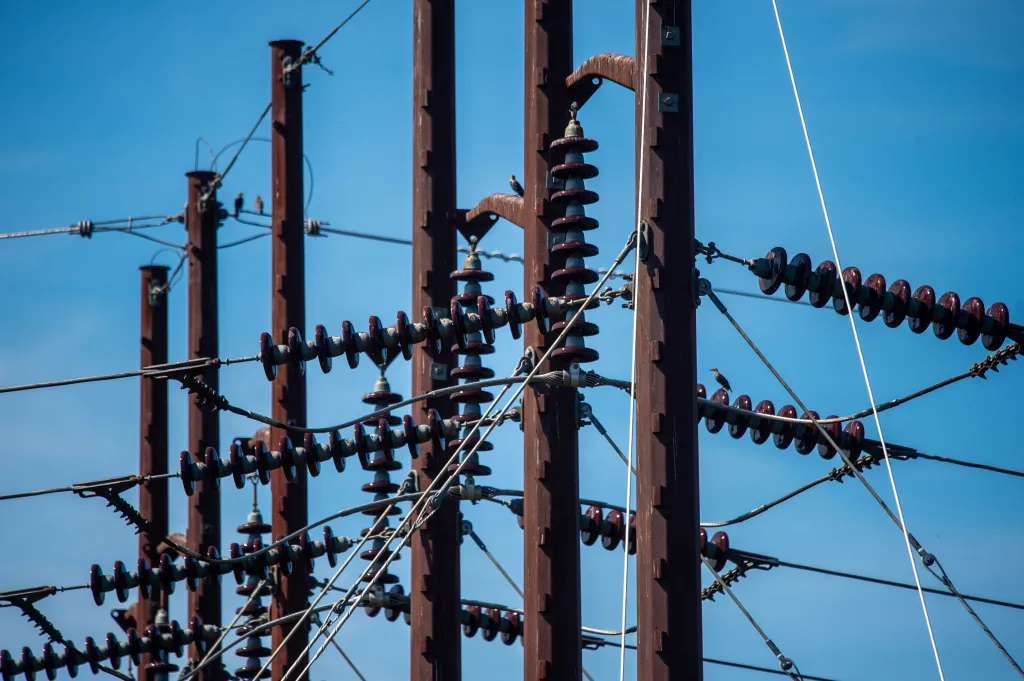
Repercussions from a shake-up at the Public Utility Regulatory Authority continued Thursday when United Illuminating promised to appeal the proposed denial of a requested rate increase because it claims the draft decision is “tainted by bias” on the part of resigning authority Chief Marissa Gillett.
UI’s continuing, harsh criticism of Gillett at the hearing and an energetic defense by Attorney General William Tong’s office suggest the contention between PURA and the utility industry that has grown during Gillett’s five years in office did not disappear with her decision a week ago to resign.
But there was a positive sign: UI proposed holding discussions with other parties to the rate case in an effort to reach a consensus decision and those parties tentatively agreed on the condition that PURA’s regulatory staff is provided sufficient time to review whatever decision is reached.
“We put a proposal on the table,” UI lawyer Cheryl Kimball told the PURA commissioners. “We are willing to extend the time for a final decision.”
Consensus settlements were once encouraged by PURA, but have been rare under Gillett’s chairmanship, according to people who follow regulatory proceedings.
CT agency at center of controversy suddenly releases emails at center of long-standing dispute
Gillett resigned on Sept. 19 and agreed to remove herself from any PURA proceedings during the period leading to her last day in office on Oct. 10, something the state’s leading utilities demanded.
Her decision to leave office was the result of her bruising fight with the utility industry. In the two days immediately before her announcement, PURA belatedly produced email correspondence that the utilities had long sought and that Gillett had testified to the legislature months earlier did not exist. Acknowledgment that it did exist led to a call for her impeachment and what Lamont characterized as her decision to resign.
For more than a year, Gillett has made no public statements. But her supporters have accused state regulated utilities of padding revenue at the expense of customers. Electric, gas and water utilities complained in response that PURA cut earnings to such a degree that their ability to deliver reliable service is at risk.
In recent months, Avangrid and Eversource have sued PURA twice and made repeated statements accusing Gillett of bias and other irregularities. Among other things, they accused her of controlling regulatory decision making by pushing fellow commissioners out of the review process and concealing public records. She denies the accusations.
The draft decision that was the subject of Thursday’s hearing reduces a $105 million rate increase UI asked for in Nov. 2024 to $28.25 million. UI asked for the increase in November after PURA slashed a rate increase requested a year earlier from $131 million over three years to $23 million over one year.
UI has said the cuts have reduced its return on equity to something in the neighborhood of 3 percent and the company is worried about its response time to minor storms. Tong, a utility critic, applauded the reduction and said the UI request, which would have raised average customer rates by nine percent, was “padded with unsupported expenses and unjustified corporate profits.”
Kimball blasted Gillett at the rate hearing, repeating a list of grievances the utilities have recited previously in regulatory filings and lawsuits. Assistant Attorney General John Wright told the PURA commissioners, “You know these ugly claims are not true.”
With Gillett recused from regulatory matters, Thursday’s hearing was conducted by the two remaining commissioners, David Arconti and Michael Caron. In proposal for a negotiated settlement of the rate request, Kimball echoed questions raised by others about whether a two commissioner PURA constitutes a quorum necessary to conduct business.
The state Office of Consumer Counsel, a party to the rate case, argued that two commissioners satisfy current law concerning a quorum
Questions about a quorum became more complicated after 2019, when the General Assembly expanded PURA to five commissioners from three. Lamont, until being prodded by the legislature earlier this year, chose not to appoint the additional two commissioners.
The governor told legislators earlier this year that he would fill all five positions on PURA by year end and his office said he is actively pursuing potential nominees.
In another sign of a possible relaxing of regulator-industry tension, Arconti and Caron did something not seen in years: They left the podium at the close of Thursday’s hearing to join in conversation with parties to the proceeding, including a contingent from UI, that included company president and CEO Frank Reynolds.



